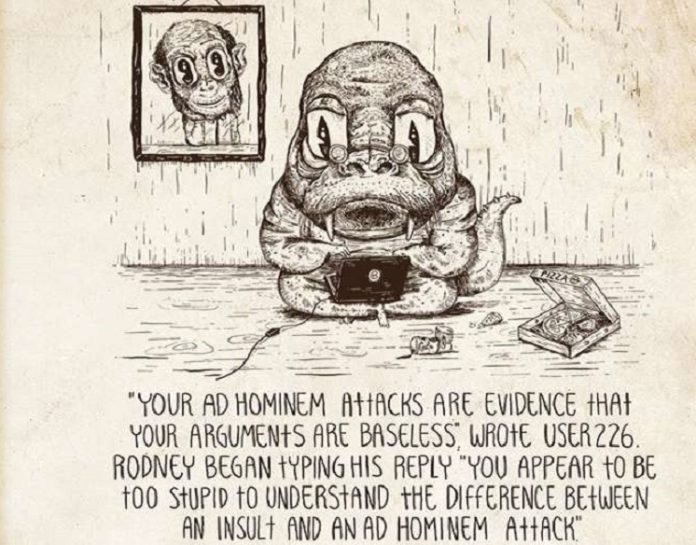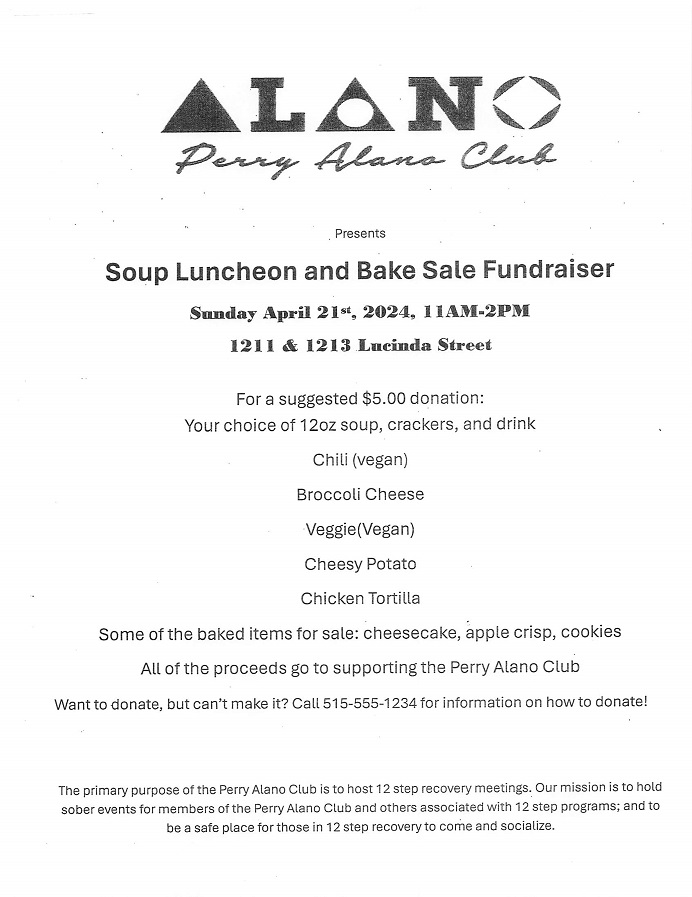Imagine your child or teen sharing a concern with you. You discuss the issue and encourage your daughter or son to speak up about it at school. When s/he arrives home the next day, you ask, “How did it go?” and are told, “When I brought it up and gave my reasons, I was told to get over it.”
How do you think your child would feel? How would you feel about your child being shut down? No discussion, no sharing of viewpoints, no trying to find common ground to come to an understanding.
Disagreement is not inherently negative. Diversity of ideas, different perspectives, widening one’s view of the world – these are all positive, beneficial ways to advance society and move us forward.
Trying to dehumanize others, to denigrate them, to dismiss them (“Get over it!”), to distance them and push them away is not a way forward. “Get over it!” is not an argument. It’s a way to say that it’s not important to you and therefore you don’t have to make the effort to understand why it is important to the other person.
Pause and consider something that might be important to you but that’s not so important to others. How receptive would you be to “Get over it!”? We seem to toss out “Get over it!” as a legitimate response to everything from a child losing a scoop of ice cream on the pavement to someone living with mental illness or working through the death of a loved one. It’s not helpful.
If you take a moment to understand why it’s important to the other person, maybe then you could jointly find a solution that works for all. Finding common ground is only possible through listening, sharing, learning. Have we forgotten how to disagree? Or how to assimilate new thoughts and ideas? More fundamentally, how to listen and learn?
It’s possible to empathize and still disagree. It’s possible to disagree and still value the other person. Disagreement should be highly valued in our society. Disagreement can enhance understanding, foster common ground, create better ideas and solutions and move us forward. Personal attacks move us away from our goals rather than toward them. You may believe you are powerful, but you’re abdicating your power and ability to influence others and only solidifying their opposing viewpoints with your dismissive “Get over it!”
Disagree with me. Share the merits of your case. You might persuade me, or you might not – but at least we’ve both grown and learned in the process.
I’m challenging us all to up our games. Let’s all move beyond name calling and labelling and work to sincerely understand others’ points of view — to empathize. Let’s show our children how adults respectfully connect with one another to advance society. As teacher and leadership authority Stephen Covey stated, “When you show deep empathy toward others . . . That’s when you can get more creative in solving problems.” Let’s be more creative.

















